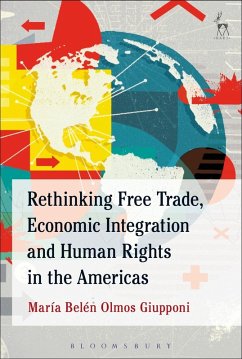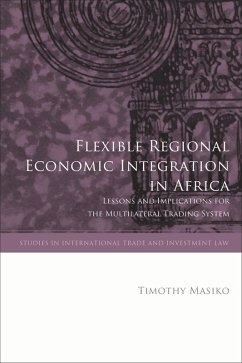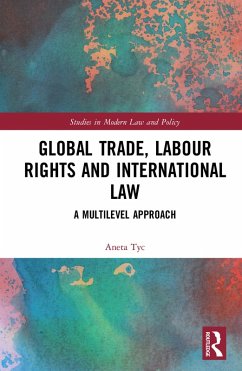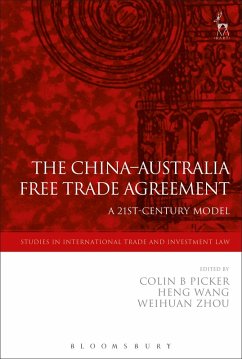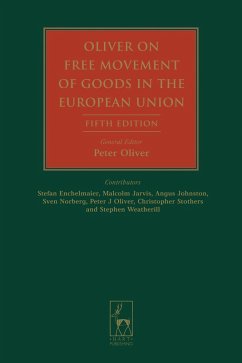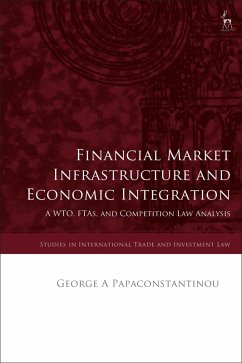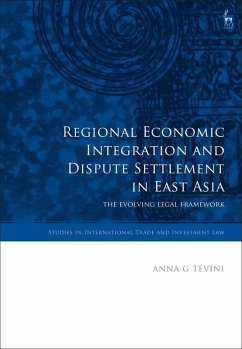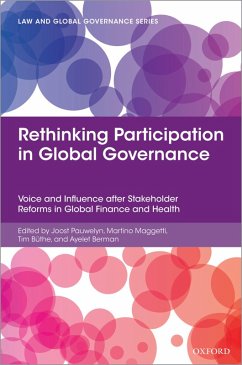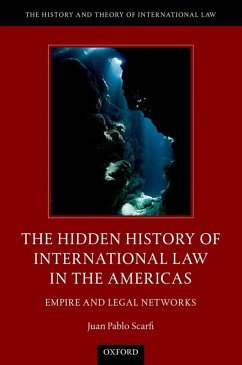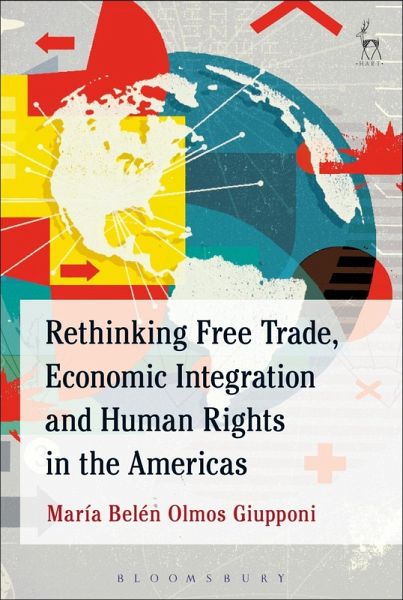
Rethinking Free Trade, Economic Integration and Human Rights in the Americas (eBook, ePUB)
Versandkostenfrei!
Sofort per Download lieferbar
33,95 €
inkl. MwSt.
Weitere Ausgaben:

PAYBACK Punkte
17 °P sammeln!
This monograph offers the first systematic overview of the protection of human rights in trade agreements in the Americas. Traditionally, trade agreements in the Americas were concerned with economic questions and paid little attention to human rights. However, in the wake of the 'new regionalism', which emerged at the end of the last century, more clauses addressing social issues such as labour rights and environmental standards were inserted in trade agreements. As economic integration increased, a framework for the protection of human rights evolved. This book argues that this framework all...
This monograph offers the first systematic overview of the protection of human rights in trade agreements in the Americas. Traditionally, trade agreements in the Americas were concerned with economic questions and paid little attention to human rights. However, in the wake of the 'new regionalism', which emerged at the end of the last century, more clauses addressing social issues such as labour rights and environmental standards were inserted in trade agreements. As economic integration increased, a framework for the protection of human rights evolved. This book argues that this framework allows for human rights protection on a transnational level, while constructing regional identities. Looking at the four key regional integration processes, namely the Caribbean Community, the Central American Integration System, the Andean Community of Nations and the Southern Common Market, and also at the North American Free Trade Agreement, it shows how the integration process has reached a considerable degree of consolidation. Writing on key sources in English for the first time, this book will be essential reading for all free trade and human rights scholars.




